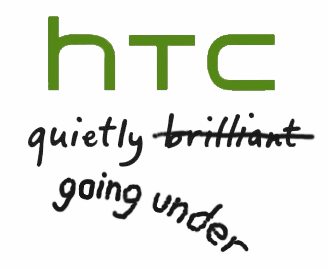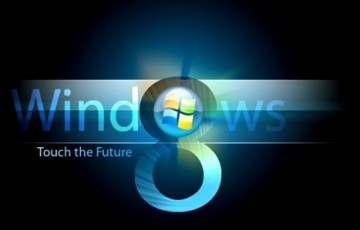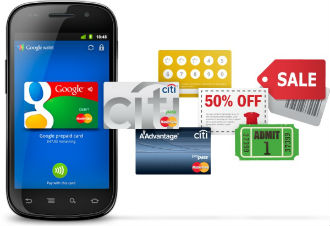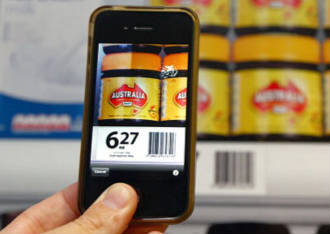 About a year ago you could not read anything in the tech press about how the big names were pressing into the telly industry.
About a year ago you could not read anything in the tech press about how the big names were pressing into the telly industry.
Google and Apple were all outed as being likely to become big players. Their channel partners waited, after all there was some big dosh to be made in joint operations, and suddenly there was nothing.
Google pulled off a big “oh look a badger” and started talking about Google Glass while Apple instructed its Tame Apple Press to start writing meaningless pieces about watches instead.
So what happened to the television being the cure for Apple and Google’s woes?
According to Forbes it was some dark satanic practices being carried out behind closed doors in the Far East.
But in the old days control the TV meant you might also control other household functions, like remote control of the air conditioning. Microsoft was early into TV operating systems for that reason.
Its logic is that the TV market is owned by Korean manufacturers and in particular Samsung, and by LG and they are making their plans grander by the minute.
LG recently bought WebOs from HP, specifically for use in smart TVs while Samsung already has a smart TV project that has sucked up developers of iOS, Windows and Android.
For Apple and Google to get into this market they have to do something pretty sexy in a channel where they are an innocent Shirley Temple doing a rounding redition of “good ship lollypop” before a convent of Nuns.
Apple looked at the competition, saw how good it was, and thought “Nah lets stick to making toys.” Google on the otherhand has been a bit more shifty.
The Web OS purchase was bad news for Google TV, but it exposed the extent of Google’s plans. In the beginning the company courted a number of big TV manufacturers for Google TV, with the idea of having the system embedded in a wide variety of TV sets.
It spoke to Sony, which was one of the first to make Google TVs, LG came on board for the second generation, and Samsung seemed to be ready to go Google as well by early 2012.
However a year afterwards Samsung’s Google TV never materialised and Sony stopped selling and now, LG is buying its own smart TV operating system. This means that Google is stuck to a companion box and is snookered.
So why have the big players gone all Altair’ on Google? It appears that it might not be Google, but the operating system that it runs on which has the big Asian names miffed.
For a while now there has been muttering that Android has become too powerful. The moaning has not just come from the Chinese Government, which is looking to build its own Red Friendly operating system, but Google’s partners too.
Some of that was Google’s fault, in buying Motorola, but there are some other reasons too. The first is that many are terrified of returning to a situation where one operating system has control over the market. Although Android is Open Source it still operates at the will of Google.
What is starting to look possible is that Samsung could use Tizen and LG will use Web OS.
The interesting point here that recently Intel revealed its TV plans. It is coming in late, and really few people will care, but it looks like it means that it will not only have to do it without Samsung or LG. True it could run its TV on WebOs or Tizen but that is not normally its style. It probably thought it could come in with Android and everything would be home and hosed. Only it wasn’t.


















